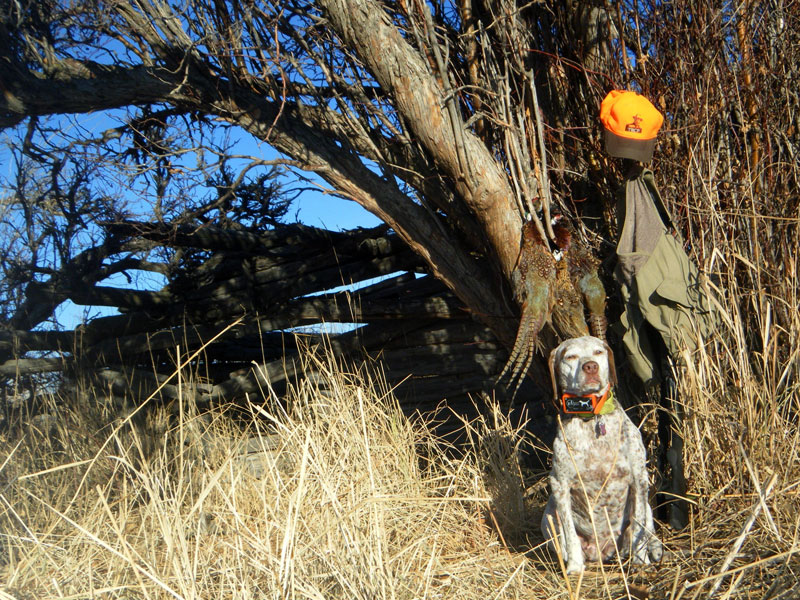To enjoy our best year of hunting and fishing yet, there can be no off-season for defending sportsmen’s access
As we flip the calendar to 2016, we’re given an opportunity to reflect on the past year. It also becomes painfully clear that we have many pages to turn before another fall season of hunting and fishing. For most sportsmen, fall is the culmination of a year’s worth of anticipation and preparation. It’s all-too-brief and usually departs imperceptibly, like a ghost buck on the edge of a field at last light.
Last year, I spent September chasing screaming elk near the Wyoming border. In October, I followed my bird dogs in pursuit of sharptails and partridges in the Tex Creek Wildlife Management Area near Idaho Falls, Idaho. In November, I was trying to outsmart rutting whitetails along the Snake River. The brief opportunity to catch Macks as they ventured into shallower waters to spawn in Bear Lake or to fight a powerful Salmon River steelhead fresh from the ocean was all that could persuade me to leave the woods. As a hunter, I give that time grudgingly. As an outdoorsman, I appreciate the change of pace. A couple of late-October days wading cold water is not just good for the soul—it provides a needed respite for legs pushed to their limits over untold miles before I charge into high-desert rim rocks and canyons of the Owyhees for chukars or jump-shoot mallards on open eddies and backwaters of the Snake.
Fall wouldn’t be so special—and I wouldn’t yearn for it the way I do—without healthy fish and wildlife habitat and abundant public access to the places where we can take on these challenges. Certainly, for millions of sportsmen around the country, America’s public lands are essential to the hunting and fishing experiences we’ve come to expect.

No matter the season, we all have a joint stake in America’s network of 640 million public acres—national lands that provide the habitat needed for fish and wildlife to thrive and access for all of us to pursue our sports. This is a uniquely American concept, dating back to the days of Theodore Roosevelt, and serves as the basis of our sporting heritage. We should not take it for granted.
All year long, the TRCP will continue working to galvanize sportsmen and women against the public land transfer movement in the West—and in Washington, D.C.—and there can be no off-season when it comes to these efforts. The future of our hunting and fishing opportunities and the legacy we leave for our children depend on us standing up for public lands today.
So, while we all yearn for fall, and hopefully enjoy a good bit of meat still in the freezer, I urge you not to forget these feelings: that hunting season will always feel too damned short, but we’re privileged to enjoy. There truly is no other place in the world quite like this.
There is still time to speak up for your hunting access. Sign the petition or learn more at sportsmensaccess.org.









